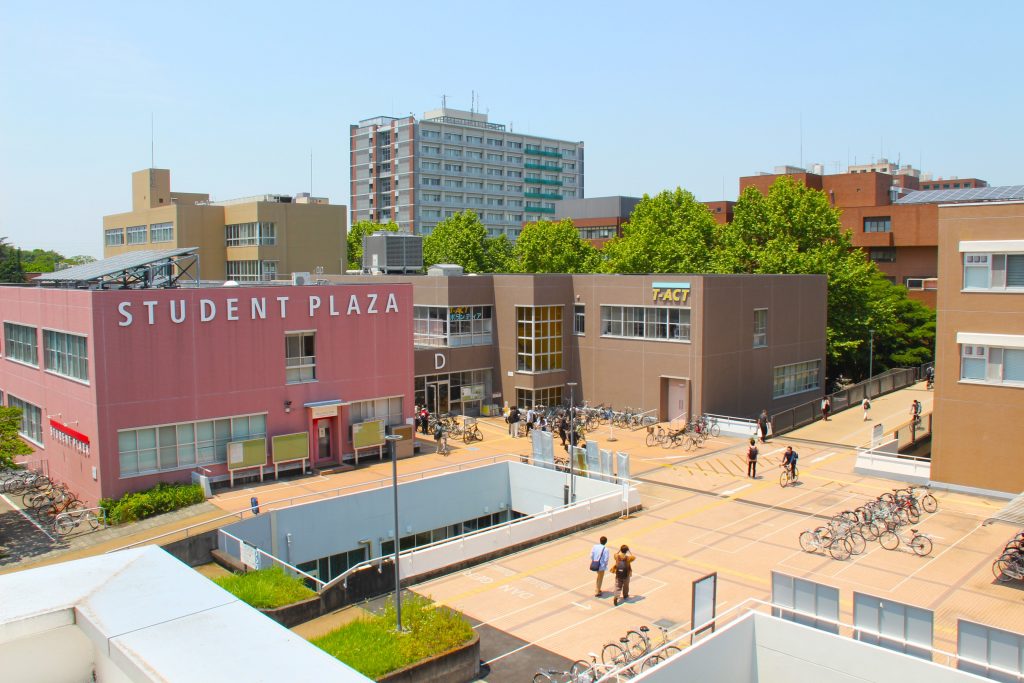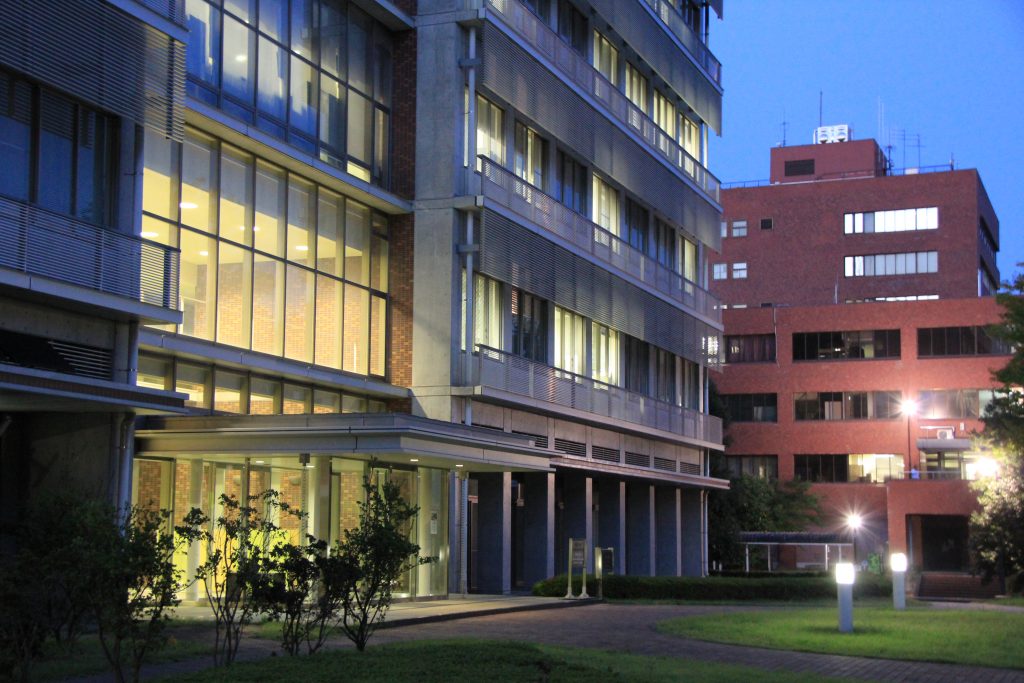Why Study in Tsukuba?
With over 150 years of history, and ranked in the top 10 Japanese universities, the University of Tsukuba has a long and proud history as one of Japan’s premier educational institutions. In this section, we want to introduce the history, present and future of the University, and explain why we think Tsukuba is one of the best places to study in Japan.
- Top Ranked University: The University of Tsukuba is consistently ranked in Japan’s top 10 universities. We have produced three Nobel prize-winning scientists, and our students and graduates have garnered over 135 Olympic and Paralympic medals.

- World Class Programs, Low Cost: As one of the top ranked universities in the world, you can be confident of receiving a high quality education at Tsukuba. However, as a public research university, we charge domestic fees – even to international students! Domestic fees are low by world standards, with universities in other countries often being several times more expensive. While Tsukuba is convenient for Tokyo, it retains much of its rural feel, and housing is far more affordable than the capital.

- Diverse & Friendly Environment: Approximately 12,000 of Tsukuba’s 250,000 residents hail from overseas with around 2,200 of these studying at the University. The percentage of foreign residents is one of the highest for any Japanese city, making Tsukuba a friendly, welcoming place for international students. The city provides a wide range of services in English, including resident services, a weekly legal consultation, lists of medical care facilities which provide multilingual support, and also cultural and educational activities to help Japanese and non-Japanese residents meet.

- Mix of Tradition and Modernity: As Japan’s science city, Tsukuba has a large number of research institutes ranging from biotechnology to robotics and nanotechnology. However, the city is located in Ibaraki Prefecture, one of Japan’s most traditional areas. To the north of the city is Mt. Tsukuba and Mt. Tsukuba Shrine. The city has a large number of festivals throughout the year.

- Excellent Student Support: Tsukuba’s student support is second to none. We have a large student support section providing catering, accommodation and a wide variety of other services, and also a vibrant International Student Center located in the heart of the campus, which provides services specific to incoming international students, such as visa and registration support, scholarship information, living information and support, multi-lingual counseling and support as well as providing Japanese language and cultural training to all registered students. We also have on-campus medical support at the University Medical Center which provides very low-cost medical care to all students and staff.

- Tsukuba Science City: Tsukuba was created to become Japan’s science and technology city. Currently, over 200 private research organizations and approximately 60 public research organizations call Tsukuba home. Approximately half of Japan’s research funding is spent in Tsukuba, and approximately 20,000 PhD scientists are employed in the city. The city was recently named as Japan’s robotics and nanotechnology hub with new research facilities planned.
- Close to Tokyo: Tsukuba is located about 60km from central Tokyo. The Tsukuba Express runs from Tsukuba Center to Akihabara in central Tokyo. The trains operate on three different schedules – local trains take 56 minutes, while express trains take only 45 minutes. Studying in Tsukuba allows students to combine affordable college-town living with the convenience of a major city less than 1 hour away.

- Best Sports Facilities: The University of Tsukuba has some of the best sports facilities in Japan. Our sports science department has numerous internationally recognized staff members. For example, our former gymnastics coach, Prof Sawao Kato, won 12 Olympic medals, including 8 gold medals, and our head judo coach, Prof Hirotaka Okada, is a two-time world champion, five-time all-Japan champion, and an Olympic bronze medalist. Our Kendo coach, Prof Kunihide Koda, is a former world champion and holds the highest rank awarded in Kendo (8th dan). Since 1973, we have sent over 60 athletes to the Olympics, who have won 21 Olympic medals.

- Affordable Cost of Living: All incoming international students are guaranteed university accommodation for the first year of their time in Tsukuba. Our dormitories are excellent value for money – prices start at approximately 14,000 yen per month (~US$200), excluding utilities. The campus has a wide variety of dining and other facilities available for students, while the area surrounding the university offers many low-cost possibilities for dining and recreation. After the first year, many students move out of university accommodation into private apartments. Local estate agents offer a variety of rental accommodations, often with only small deposits, and low monthly rents.

